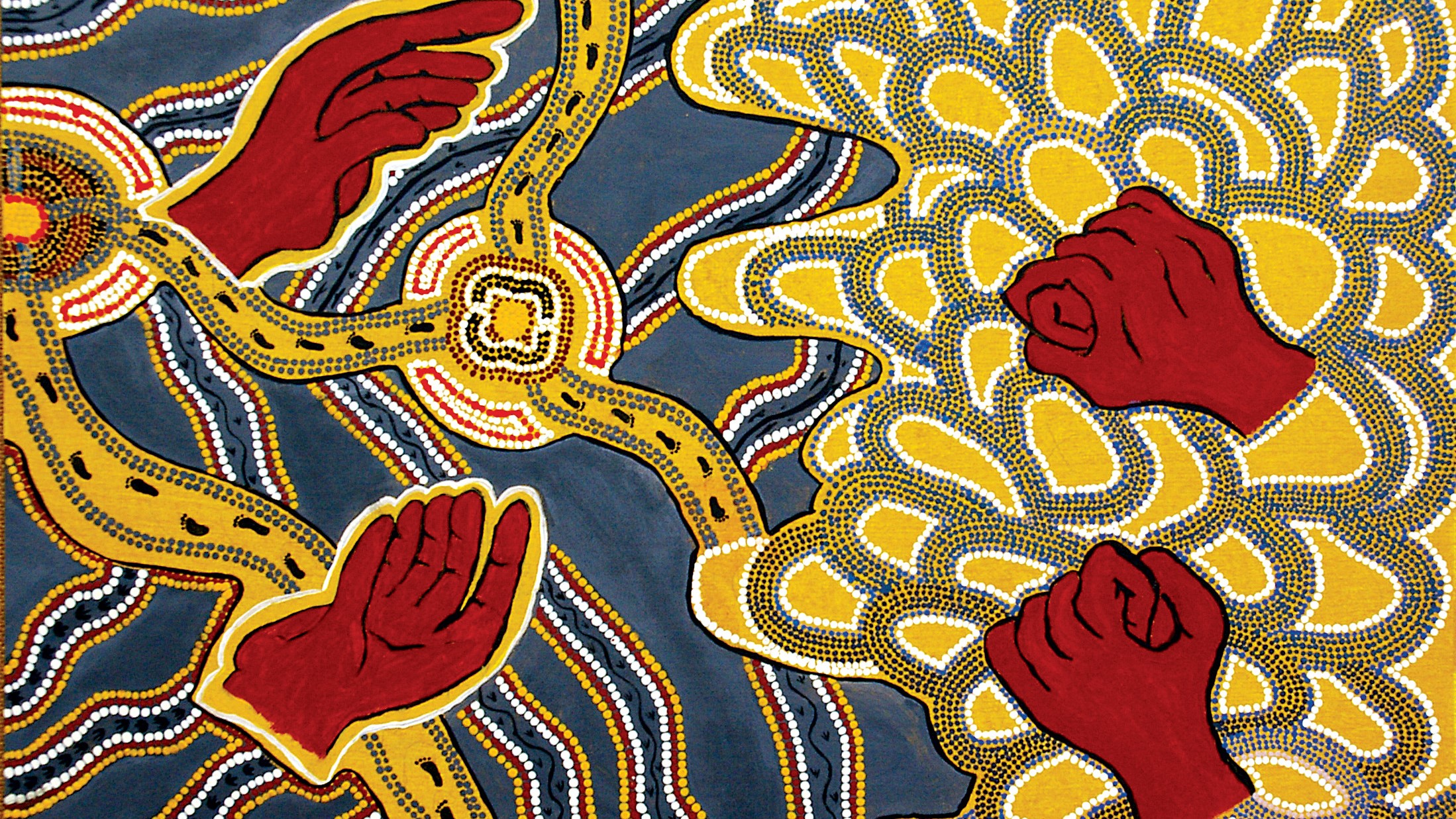Presentation Type
Presentation
Location
The University of Notre Dame Australia, Broome Campus
Start Date
2-3-2018 12:30 PM
Description
Ever since Mabo (No. 2) and the Native Title Act 1993 (Cth) there are two legally recognised and different systems of land ownership and tenure operating in Australia: one older (over 60,000 years), the other much younger (only 230 years). Daniel Lavery asserts that every positive determination of native title is an affirmation of Aboriginal law and custom and their sovereignty that was present prior to 1788. Aboriginal peoples continue to assert they never ceded their sovereignty, their land was stolen from them without their consent, extinguishment is alien to their law and custom and they want to use their property rights to engage in the economy on their terms and at their choosing. Aboriginal peoples are demanding that we sit down and negotiate these outstanding matters to find a mutually agreeable solution. While my PhD thesis explores the possibilities for a coherent policy framework for a mutually respectful coexistence between two culturally different forms of land ownership, use and tenure based on parity, mutual respect and justice, this presentation will focus the contributions my research is making to the conceptual, theoretical and practical aspects of land justice for Indigenous Australians. The presentation will discuss:
Concepts of land, land use and planning, land tenure and Torrens Title, inter-cultural contact zone, coexistence, equity and justice.
Theories of property, universal principles of property, Indigenous and Western approaches to property and ownership, points of universality between them and the role of dialogic spaces in resolving deep differences.
The policy complexity between land, governance, services, infrastructure, land use and planning in discrete, remote Aboriginal communities and the role of the international human rights norms and standards and the UN Declaration on the Rights of Indigenous Peoples.
Recommended Citation
Wensing, Edward, "Land Justice for Indigenous Australians: Conceptual, theoretical and practical contributions to the research." (2018). Talking Heads Seminar Series. 3.
https://researchonline.nd.edu.au/nulungu_talkingheads/2018/schedule/3
Land Justice for Indigenous Australians: Conceptual, theoretical and practical contributions to the research.
The University of Notre Dame Australia, Broome Campus
Ever since Mabo (No. 2) and the Native Title Act 1993 (Cth) there are two legally recognised and different systems of land ownership and tenure operating in Australia: one older (over 60,000 years), the other much younger (only 230 years). Daniel Lavery asserts that every positive determination of native title is an affirmation of Aboriginal law and custom and their sovereignty that was present prior to 1788. Aboriginal peoples continue to assert they never ceded their sovereignty, their land was stolen from them without their consent, extinguishment is alien to their law and custom and they want to use their property rights to engage in the economy on their terms and at their choosing. Aboriginal peoples are demanding that we sit down and negotiate these outstanding matters to find a mutually agreeable solution. While my PhD thesis explores the possibilities for a coherent policy framework for a mutually respectful coexistence between two culturally different forms of land ownership, use and tenure based on parity, mutual respect and justice, this presentation will focus the contributions my research is making to the conceptual, theoretical and practical aspects of land justice for Indigenous Australians. The presentation will discuss:
Concepts of land, land use and planning, land tenure and Torrens Title, inter-cultural contact zone, coexistence, equity and justice.
Theories of property, universal principles of property, Indigenous and Western approaches to property and ownership, points of universality between them and the role of dialogic spaces in resolving deep differences.
The policy complexity between land, governance, services, infrastructure, land use and planning in discrete, remote Aboriginal communities and the role of the international human rights norms and standards and the UN Declaration on the Rights of Indigenous Peoples.



